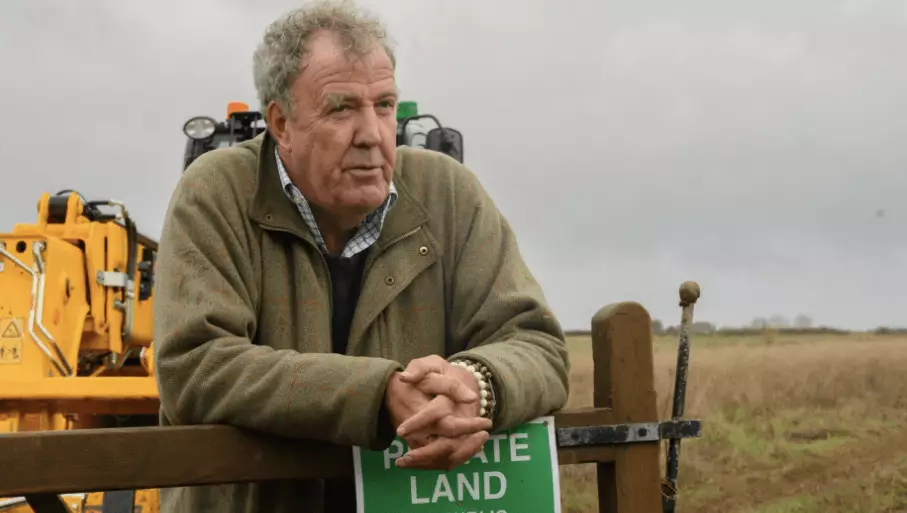Jeremy Clarkson, a name synonymous with automotive enthusiasm and outspoken antics, has recently found himself at the center of a different kind of discussion—one involving land ownership and tax implications. Over a decade ago, Clarkson openly declared that he purchased his now-famous Diddly Squat farm as a strategic move to dodge inheritance tax. This admission drew considerable criticism and led to a debate about the ethics of using land investment as a financial shield. However, in a recent interview with The Times of London, Clarkson has revisited his motivations, claiming that his initial rationale was not entirely accurate.
In 2009, Clarkson wrote about the financial advantages of owning land, highlighting it as a more lucrative investment compared to traditional banking avenues. In doing so, he believed he was exploiting a loophole in the tax system that allowed him to protect his wealth post-mortem. But the narrative has shifted significantly. After rallying with fellow agriculturalists against potential inheritance tax measures from the government, Clarkson stated, “I never did admit why I really bought it… I wanted to have a shoot—I was very naive.” This shift in his rationale serves as a fascinating reflection on the evolving nature of his relationship with farming.
Clarkson’s admission points to an intriguing dynamic between public perception and personal intent. While his initial characterization of landownership may have been framed around financial savvy, it now appears he was simply yearning for the pastoral image associated with farming. This revelation unveils a more nuanced understanding of his role within the farming community. By initially presenting himself as a tax-savvy investor, Clarkson might have inadvertently reinforced stereotypes about the wealthy elite exploiting the system at the expense of the working class.
However, his recent activism against government policies highlights a newfound allegiance to the farming community. By participating in protests and advocating for the concerns of farmers across the UK, Clarkson is attempting to reshape his public narrative. He recognizes that the farming landscape portrays struggles that must be acknowledged and addressed. Nevertheless, it is worth interrogating whether his transformation from a detached investment owner to an engaged advocate is entirely genuine or partially a calculated PR maneuver.
In light of his growing influence, there are speculations surrounding Clarkson’s potential entry into politics. While many believe he should leverage his platform to address farmer interests directly within government, Clarkson himself has dismissed this idea. He stated, “I’d be a terrible political leader, hopeless.” This self-awareness is refreshing; it suggests that despite his public persona, he understands the immensity and complexity of political responsibilities.
Ultimately, Clarkson’s journey illustrates the complex interactions between wealth, power, and advocacy. His evolution from an initial self-serving narrative to one that aligns more closely with community representation exemplifies the significant shifts that can occur within public figures. As he continues to navigate his role in rural Britain, Clarkson’s story serves as both a cautionary tale and a potential template for others in the public eye grappling with their relevance and responsibility.
